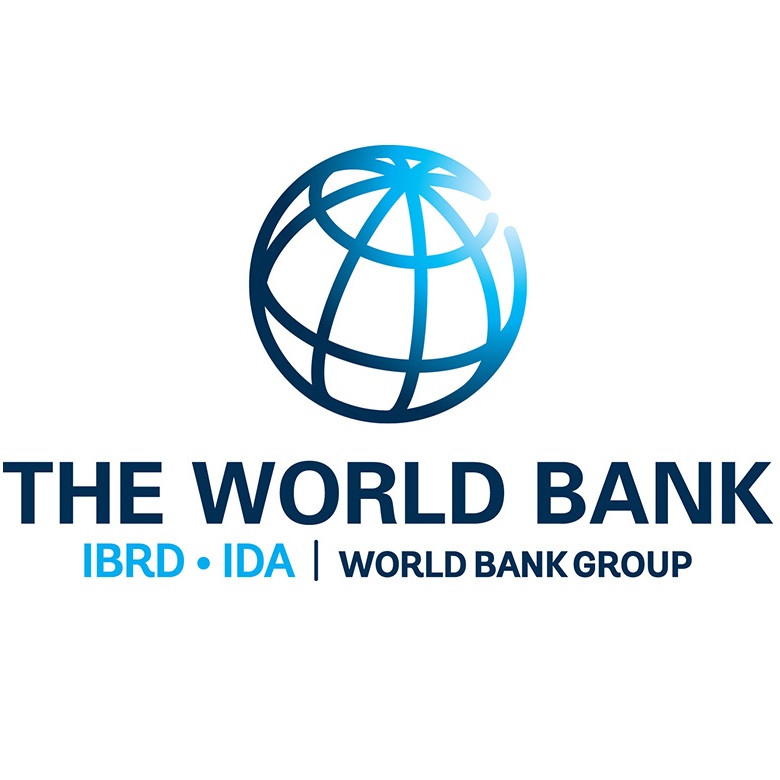Survey of Syrian Refugees and Host Communities in Kurdistan, 2015-2016
Iraq, 2015 - 2016
Get MicrodataIdentification
WBG_IRQ_2015_SRHCS_v01_M
Survey of Syrian Refugees and Host Communities in Kurdistan, 2015-2016
| Name | Country code |
|---|---|
| Iraq | IRQ |
Other Household Survey [hh/oth]
The Syrian crisis has caused one of the largest episodes of forced displacement since World War II and some of the densest refugee-hosting situations in modern history. Syria's immediate neighbors host the bulk of Syrian refugees. The host countries were dealing with impact of inflow of refugees as well as consequences of the Syrian conflict such as disruption on trade and economic activity and growth and spread of the Islamic State. This survey was designed to generate comparable findings on the lives and livelihoods of Syrian refugees and host communities in Jordan, Lebanon and Kurdistan, Iraq.
The goals of the survey originally were:
- to assess the socio-economic and living conditions of a representative sample of the Syrian refugee and host community population.
- to understand the implications in terms of social and economic conditions on the host communities.
- to identify strategies to support Syrian refugees and host communities in the immediate and longer term.
Sample survey data [ssd]
Refugee household and individual
Scope
The survey covered the following topics demographics, employment, access to public services, health, migration, and perceptions.
- Roster
- Dwellings
- Services
- Assets
- Sources of income
- Sources of assistance
- Income shocks
- Prices
- Food security
- Health access
- School access
- Movements
- Current labor screener
- Current unemployment
- Current wage job
- Retro labor screener
- Retro wage job
- Retro HH enterprise job
- Retrospective unemployment
- Norms and relations
- Conflicts
- Assessment of overall situation
Coverage
Syrian refugee and host community in Kurdistan, Iraq
Producers and sponsors
| Name |
|---|
| World Bank |
Sampling
Conducting a representative survey in Lebanon was especially challenging. The first difficulty was that, as of 2015, there was no recent or reliable sample frame, even for Lebanese households, as the last official population census was conducted in 1932. Typically, such a sample frame consists of the universe of enumeration areas in a country, with associated estimates of population. This meant that we had to construct our own sample frame by selecting a few Small Area Units (SAUs) and then conducting a full listing operation by visiting every household within the selected SAUs and collecting basic demographic and contact information. The second difficulty was that there was no available cartographic division of the country into geographic areas small enough to be the subject of a full listing operation, which could then serve as a sampling frame for the SAUs. Circonscription Foncières (CF) were the finest level of disaggregation available; CFs are generally too large to be listed as some have populations of over 100,000. Finally, there was no available sampling frame for Syrian refugees in Lebanon, which meant that we had to depend on UNHCR data on registered Syrian refugees, combined with the estimates of Lebanese population at the CF level. Given these challenges and time and budgetary constraints, the sample was selected in multiple (four) stages.
Note: A more detailed description of the sample design is presented in Section 2 of "Survey Design and Sampling: A methodology note for the 2015-16 surveys of Syrian refugees and host communities in Jordan, Lebanon and Kurdistan, Iraq" document.
Data collection
| Start | End |
|---|---|
| 2015 | 2016 |
Data Access
Use of the dataset must be acknowledged using a citation which would include:
- the Identification of the Primary Investigator
- the title of the survey (including country, acronym and year of implementation)
- the survey reference number
- the source and date of download
Disclaimer and copyrights
The user of the data acknowledges that the original collector of the data, the authorized distributor of the data, and the relevant funding agency bear no responsibility for use of the data or for interpretations or inferences based upon such uses.
Metadata production
DDI_WBG_IRQ_2015_SRHCS_v01_M
| Name | Affiliation | Role |
|---|---|---|
| Development Economics Data Group | The World Bank | Documentation of the DDI |
Metadata version
Version 01 (May 2019)
